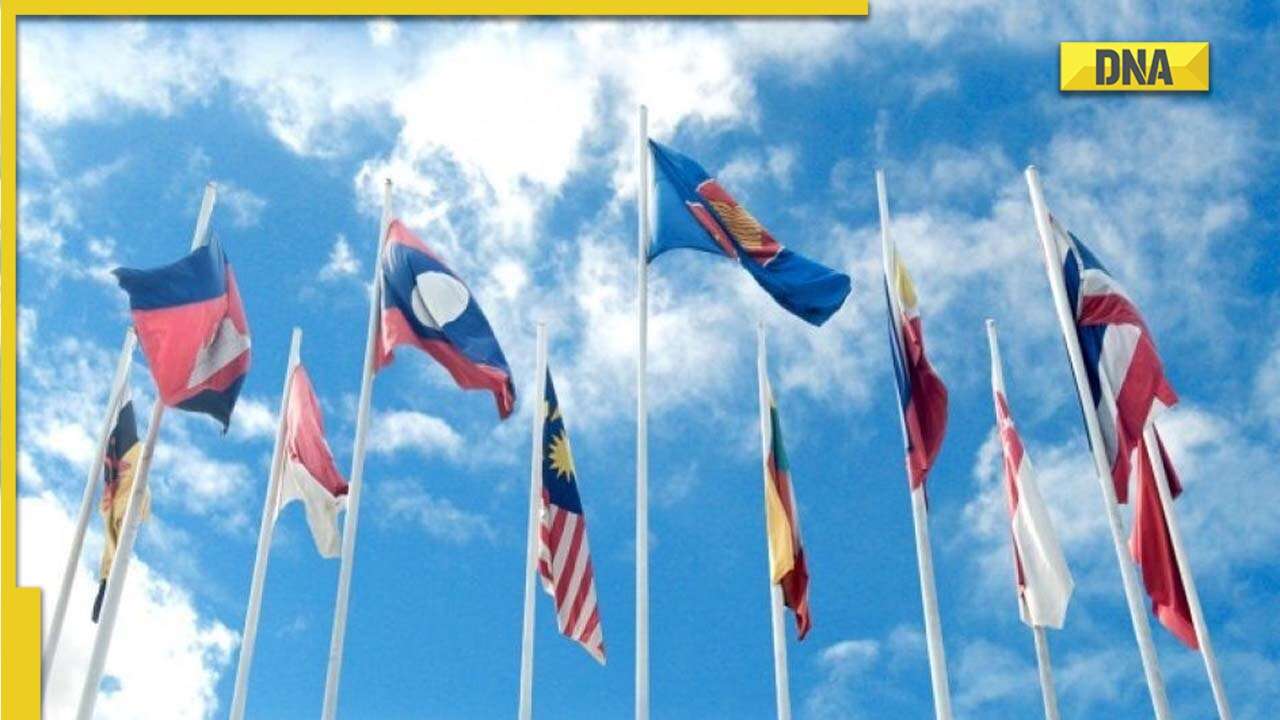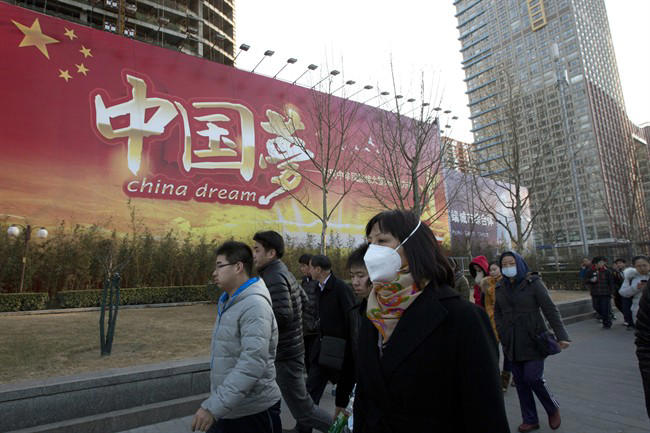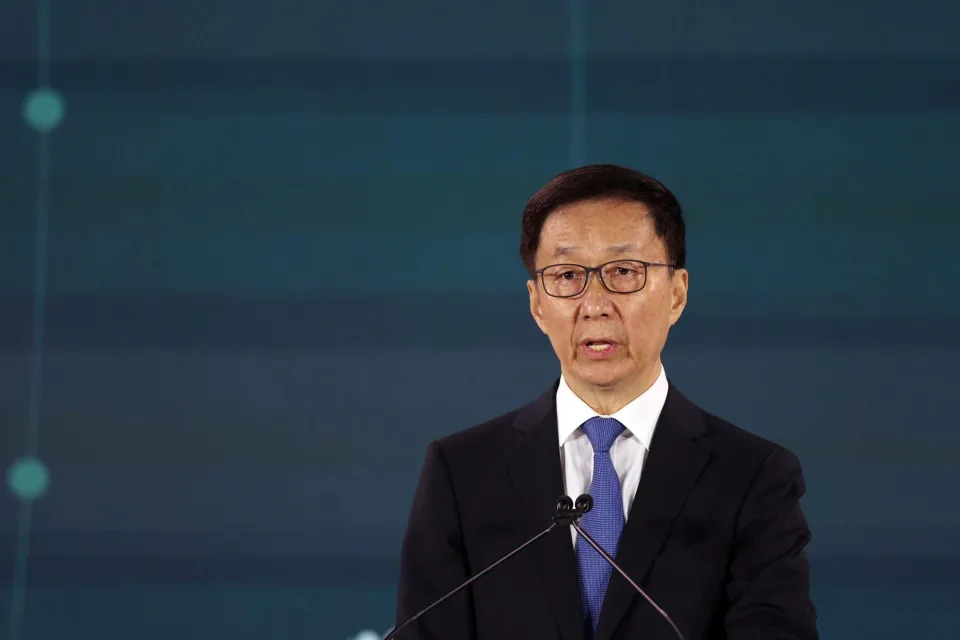End the violence, distribute natural resources wealth fairly, pope tells PNG
2024.09.07
 Pope Francis delivers his speech at APEC Haus in Port Moresby, Papua New Guinea, Saturday, Sept. 7, 2024. (AP Photo/Mark Baker)
Pope Francis delivers his speech at APEC Haus in Port Moresby, Papua New Guinea, Saturday, Sept. 7, 2024. (AP Photo/Mark Baker)The head of the Catholic Church Pope Francis has highlighted Papua New Guinea’s inequality and instability and called for an end to tribal violence during a public speech in the capital Port Moresby.
Speaking to government authorities and diplomats and huge crowds of PNG people, he also spoke out on women’s equality, fair distribution of wealth from natural resources and resolution of Bougainville’s independence aspirations.
He said it was his particular hope that tribal violence will come to an end, “for it causes many victims, prevents people from living in peace and hinders development.”

Deadly clashes between tribes regularly occur in the Pacific island nation of about 12 million people, including 49 killed in February in the mountainous Highlands. At least 16 people died in rioting in the capital Port Moresby a month earlier.
Stability for Papua New Guinea, which gained its independence from Australia in 1975, has remained elusive as it grapples with challenges such as corruption and lack of roads and basic healthcare in many regions.
The Pope amended his written remarks, according to Associated Press, to include violence against women, saying women “are the ones who carry the country forward they give life, build and grow a country, let us not forget the women who are on the front line of human and spiritual development”

Domestic violence affects more than two-thirds of women in Papua New Guinea. In March 2019, more than 200 domestic violence and sexual violence cases were reported in Lae and Port Moresby, where over 23 murders alone were attributed to domestic violence.
The Pope singled out PNG’s rich natural resources which he said were “destined by God for the entire community. “
“Even if outside experts and large international companies must be involved in the harnessing of these resources, it is only right that the needs of local people are given due consideration when distributing the proceeds and employing workers, in order to improve their living conditions” he said.
He appealed for the people of PNG to embark on the path that leads to fruitful cooperation for the benefit of all the people of the country.
The Pope also referred to the autonomous state of Bougainville, which is seeking independence from the PNG Central Government. An estimated 10,000-15,000 people died in a decade-long civil war between Bougainville and Papua New Guinea that ended with a peace agreement in 2001.
The Pope said fruitful cooperation can create the conditions in which the question of the status of Bougainville Island can also find a definitive solution while avoiding the rekindling of ancient tensions.

Today is the first full day of the Pope’s two-day visit to PNG, a country of devout Christians, of whom an estimated 31-percent are Catholics.
Followers have walked for days through remote mountains while others have made long journeys by canoe to see the Pope.
Tomorrow the Pope will hold an open-air mass which is expected to be attended by thousands in the Sir John Guise stadium in the capital before flying to the border town of Vanimo for a brief visit. He departs Port Moresby on Monday morning.
Francis is on an 11-day, four nation tour that began in Indonesia, he will head to East Timor next before his final stop in Singapore
Visiting Papua New Guinea, pope says
natural resources must benefit all
By AFP
September 7, 2024
The 87-year-old pope is on a marathon 12-day visit to the Asia-Pacific - Copyright AFP Tiziana FABI
Clément MELKI
Pope Francis visited Papua New Guinea Saturday, where he called for vast natural resources to benefit the “entire community” — a politically charged demand in a nation where many believe their riches are being stolen or squandered.
Addressing political and business leaders, the 87-year-old pontiff hailed his hosts as being rich in culture and in natural resources — a nod to vast reserves of gold, copper, nickel, gas and timber.
But, he suggested, the tens of billions of dollars made from digging, dredging and drilling the earth needed to benefit more than a fraction of the country’s 12 million people.
“These goods are destined by God for the entire community,” Pope Francis said.
Despite its resource wealth, Papua New Guinea is one of the poorest countries in the Pacific.
Between a quarter and half the population lives in extreme poverty. Scarcely more than 10 percent of homes have electricity.
Even if “outside experts and large international companies must be involved in the harnessing of these resources”, they should not be the only ones to benefit, the pope said.
“It is only right that the needs of local people are given due consideration when distributing the proceeds and employing workers, to improve their living conditions,” he added.
It is a message likely to resonate with millions of Catholics in Papua New Guinea — and with millions more in resource-rich regions of Africa, Latin America and elsewhere.
Twenty-two-year-old pilgrim Jonathan Kais, from Manus Island, welcomed the pope’s remarks and said he hoped they would spur the government to provide better services.
“The service we receive in our villages by our leaders at the parliament, it’s not much (compared to) what they are getting from the resources of the country,” he told AFP.
– ‘Poverty hardly changed’ –
For decades, Papua New Guinea has been dotted with vast American, Australian, Canadian, European and Chinese-run mines.
A $19 billion project led by ExxonMobil has produced tens of millions of tonnes of liquified natural gas since operations began in 2014.
But economists have found little evidence that any of the projects have helped poor Papua New Guineans.
A recent World Bank study showed that between 2009 and 2018, the country’s gross domestic product per person grew by more than a third on the back of the resource boom.
“Poverty hardly changed over that time,” the report’s authors said.
– ‘Spiral of violence’ –
Pope Francis is on a marathon 12-day visit to the Asia-Pacific, visiting Indonesia, East Timor and Singapore as he promotes interfaith dialogue and embraces regions on the periphery of world affairs.
On Saturday he also made a plea for Papua New Guineans to “stop the spiral” of tribal violence that has killed untold numbers of people and displaced tens of thousands more.
“It is my particular hope that tribal violence will come to an end,” he said.
“It causes many victims, prevents people from living in peace and hinders development.”
There are few reliable estimates as to how many people have died during decades of tribal unrest between dozens of clans in the country’s Highlands.
But UN agencies estimate that about 100,000 people have been displaced by the cycle of retaliatory attacks, which have intensified in recent years.
The murders are often extremely violent, with victims hacked by machetes, burned, mutilated or tortured. Civilians, including pregnant women and children, have been targeted in the past.
An influx of mercenaries and automatic weapons has made clashes much more deadly. Where bows, spears and clubs were once the weapons of choice, now tribesmen have a veritable armoury of SLR, AK-47, and M16 rifles.
Papua New Guinea’s stretched government has tried suppression, mediation, gun amnesties and a range of other strategies to control the situation, with little success.
But experts say the violence has little to do with ancient customs, and is more about the modern problems of a surging population, a breakdown in traditional rules of war, joblessness and the rising cost of living.
And there is growing concern that violence is spreading to other parts of the country.
In July, at least 27 people — among them 11 children — were massacred in Angoram District, not far from the northern coast.
Pope calls for greater care of indigenous
populations in Papua New Guinea
Pope Francis visits Street Ministry and Callan Services in the Caritas Technical Secondary School in Port Moresby, Papua New Guinea, Saturday. Photo by Alessandro Di Meo/EPA-EFE
Sept. 7 (UPI) -- Pope Francis said the world needs to address climate change while visiting the Pacific Island nation of Papua New Guinea, which is partly endangered by a rising Pacific Ocean.
The Pope began his visit Friday in the nation where islanders living near coastal areas might have to relocate if waters rise too much. It's the Pope's second stop during an 11-day tour of four nations in the region.
Deforestation and pollution from mining operations also are affecting the nation's water supplies.
"Climate change is real," Papua New Guinea Governor-General Bob Dadae told the Pope Saturday in Port Moresby. "The rise in the sea level is affecting the livelihoods of our people.
He asked Francis. 87, to advocate for nations to do more to counteract climate change and exploitation of natural resources.
"While foreign companies are involved in resource extraction, it is only fair that local populations benefit from the income and labor to improve their living conditions," Francis said while advocating for the "common good" for all people.
The Pope also called for greater recognition of the roles women fulfill in Papua New Guinea and other nations.
Women "are the ones who carry the country forward, give life, build and grow a country," Francis said.
While meeting with Bishops, clergy and others later Saturday, Francis said it's important to care for the "marginalized and wounded,both morally and physically, by prejudice and superstition."
Pope Francis also visited the Shrine of Mary, Help of Christians, in Port Moresby Saturday, where he praised the work of missionaries to brought Christianity to the island nation.
"It is thanks to them, to their starts and restarts,that we are here and that despite the current challenges ... we continue to move forward without fear, knowing we are not alone," Francis said.
Francis traveled to Papua New Guinea after visiting Indonesia during his tour of four nations in Southeast Asia and Oceania from Monday through Thursday.
On Sunday, the pope will travel to Vanimo, a city in the northwesternmost province of Papua New Guinea.
The 11-day trip is the longest Francis has undertaken while Pope and concludes with visits to East Timor and Singapore.











